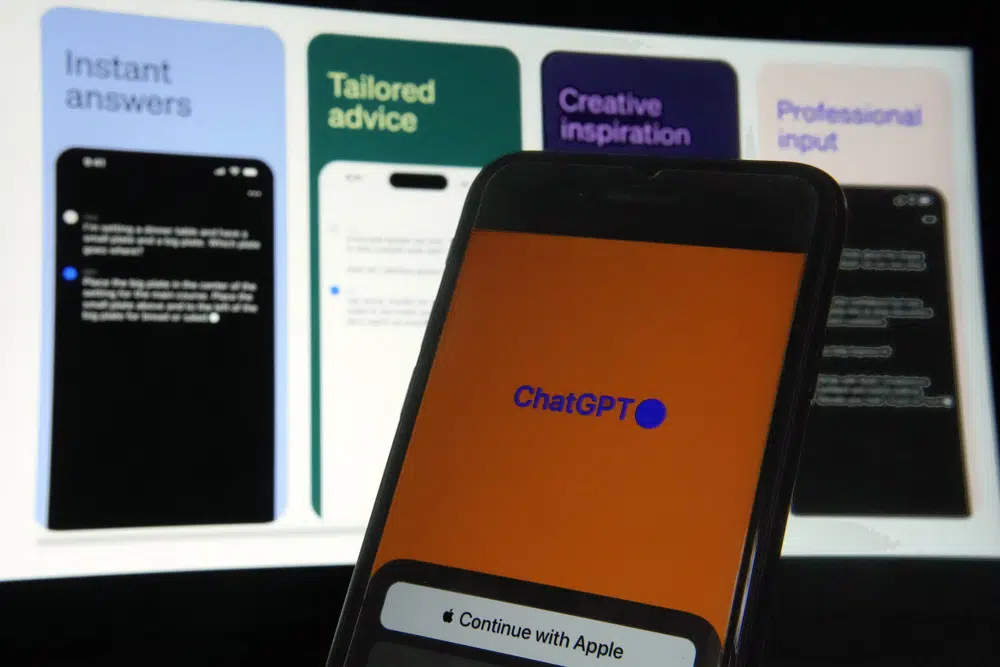

ChatGPT is now a smartphone app, which could be good news for people who like to use the artificial intelligence chatbot and bad news for all the clone apps that have tried to profit off the technology.
The free app became available on iPhones and iPads in the U.S. on Thursday and will later be coming to Android devices. Unlike the desktop web version, the mobile version on Apple’s iOS operating system also enables users to speak to it using their voice.
The company that makes it, OpenAI, said it will remain ad-free but “syncs your history across devices.”
“We’re starting our rollout in the U.S. and will expand to additional countries in the coming weeks,” said a blog post announcing the new app, which is described in the App Store as the “official app” by OpenAI.
It’s been more than five months since OpenAI released ChatGPT to the public, sparking excitement and alarm at its ability to generate convincingly human-like essays, poems, form letters and conversational answers to almost any question. But the San Francisco startup never seemed to be in a hurry to get it onto phones — where most people access the internet.
“We’re not trying to get people to use it more and more,” OpenAI CEO Sam Altman told U.S. senators this week in a hearing over how to regulate AI systems such as those built by his company.
The delay in getting the product on phones helped fuel a rise of clones built on similar technology, some of which the security firm Sophos described as “fleeceware” in a report this week because they push unsuspecting users toward enrolling in a free trial that converts into a recurring subscription, or use intrusive advertising techniques.